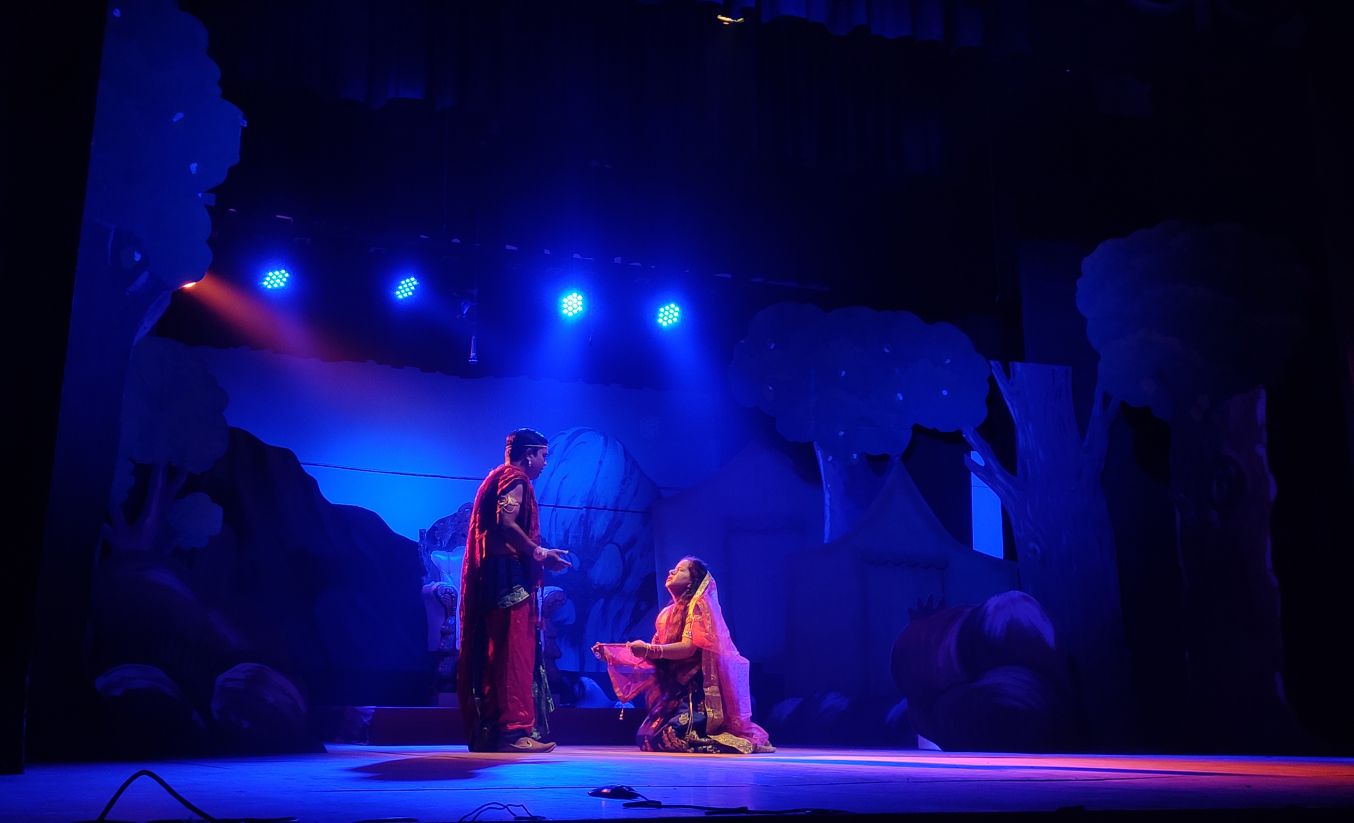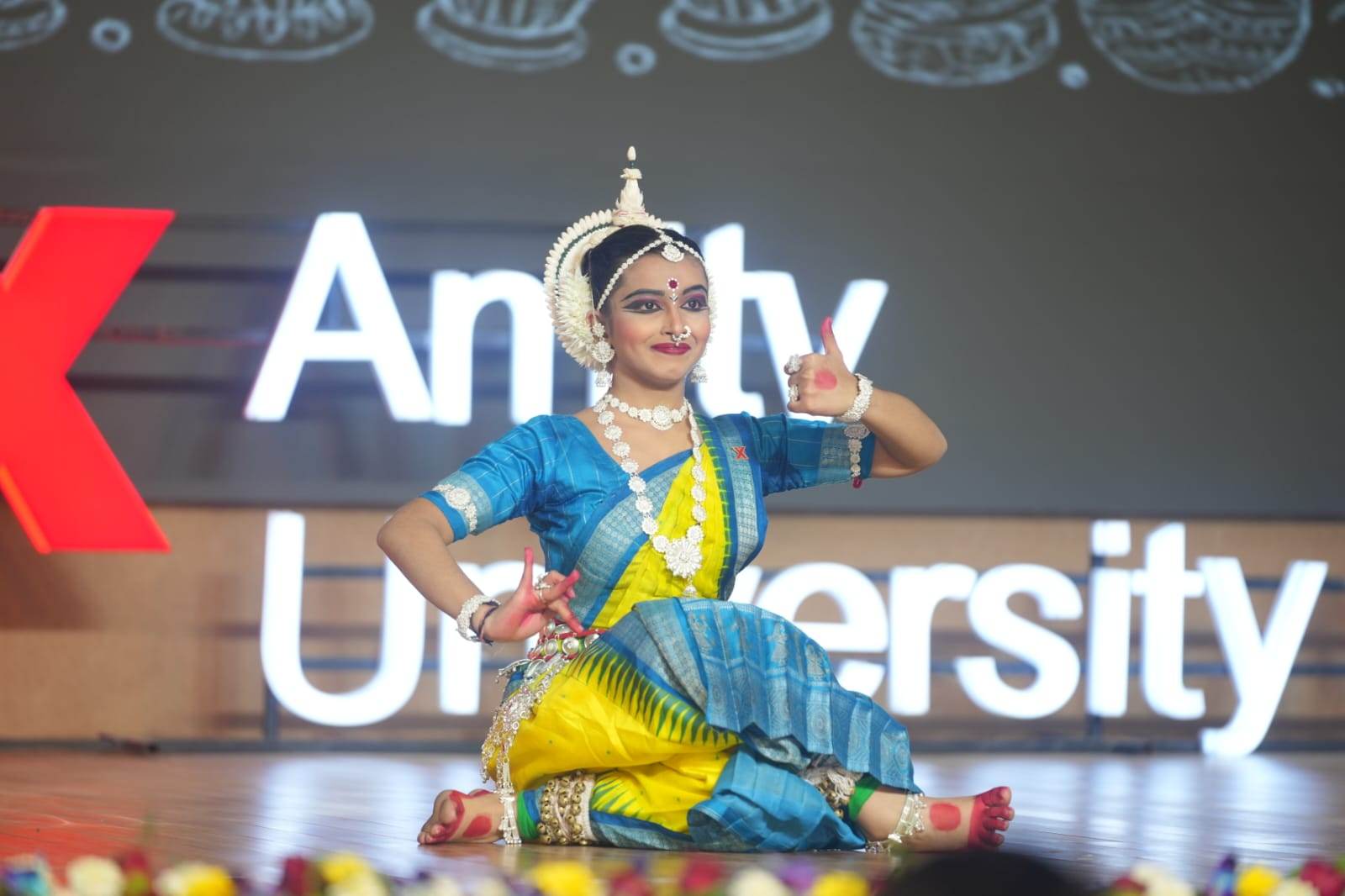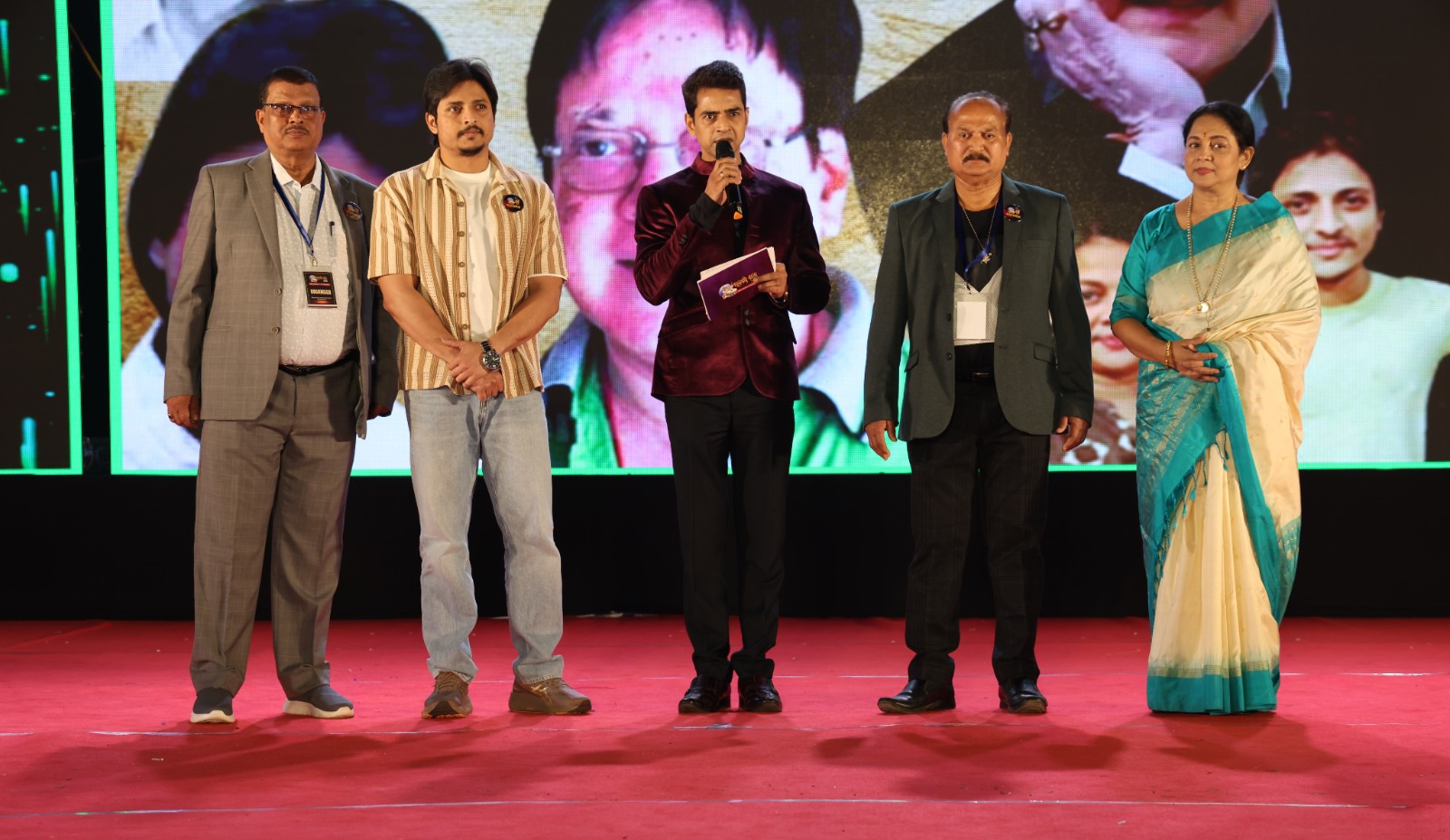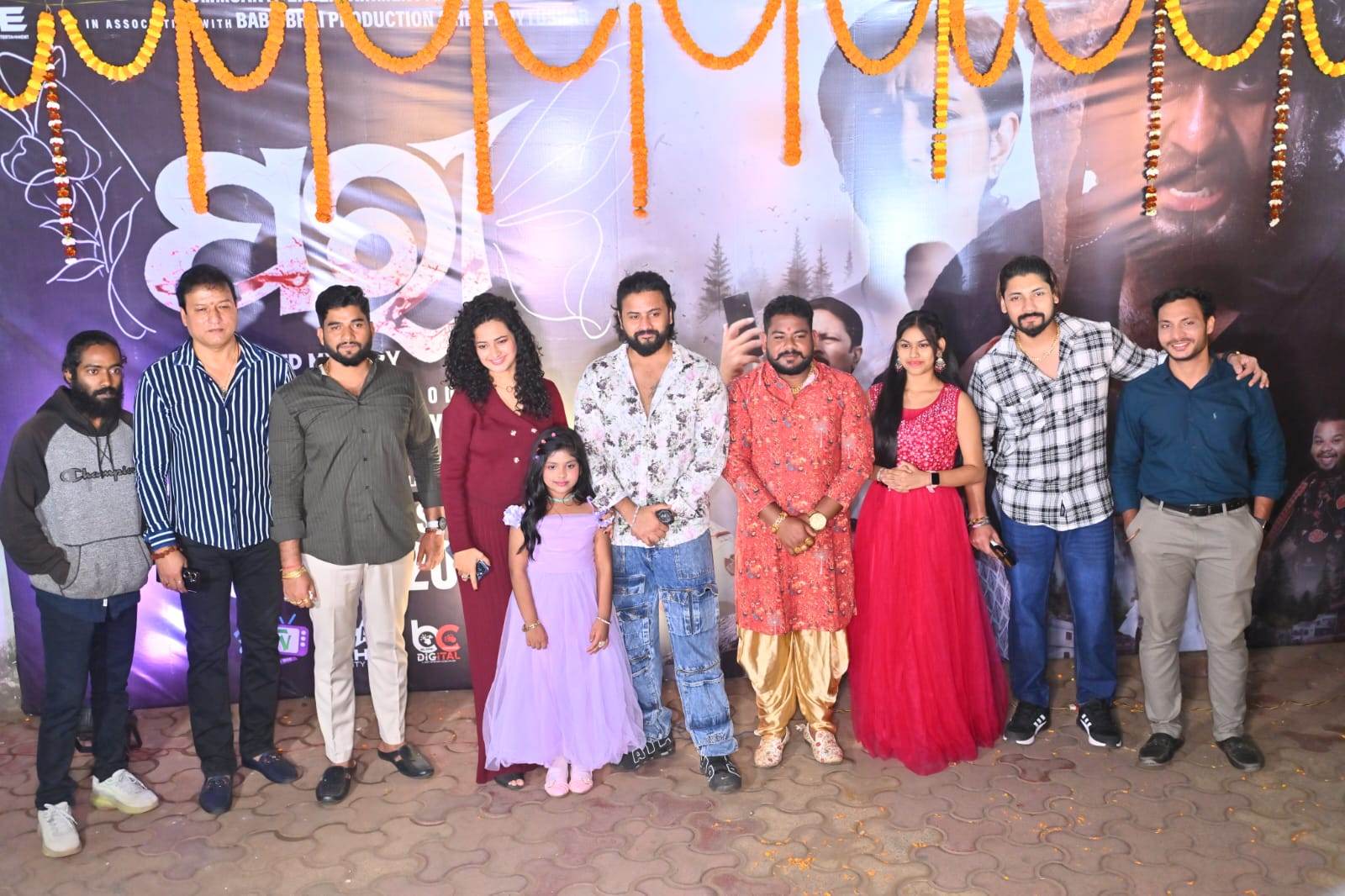Bhubaneswar: History tells us that Emperor Ashoka turned compassionate ‘Dharmashoka’ from ruthless ‘Chandashoka’ after Kalinga War.
But in the play ‘Karubaki’, writer Saroj Kumar Topno takes creative liberties to attribute the Emeror’s transformation not merely to the horrors of war but to the soul searching question of Karubaki: “What did you really gain from the bloody battle?
Directed by Manas Ranjan Mishra, the 65-minute production succeeded in driving home a message to the audiences: “from the bloody battlefield of Kurukshetra to the chilling shadows of modern-day wars between different countries, each driven by lust for power and empire-building and they leave nothing behind but ashes and tears”
On Tuesday, the second day of five-day-long ‘Natya Lahari’, organized by state’s premier cultural organization ‘Bidyakanak Srujjananusthan’ at Bhanjakala Mandap in Bhubaneswar, a Sambalpur-based theatre organization ‘Swara’ staged the play ‘Karubaki’.
The play opened with a narrator ushering the audience into Emperor Ashoka’s camp. Kalinga War is over. The air is reverberated with cries of bereaved women who have lost their husbands and sons in the war. But, in the camp, Emperor Ashoka is laughing boisterously, celebrating his victory. At the same time, he is mourning the absence of his favourite queen ‘Karubaki’.
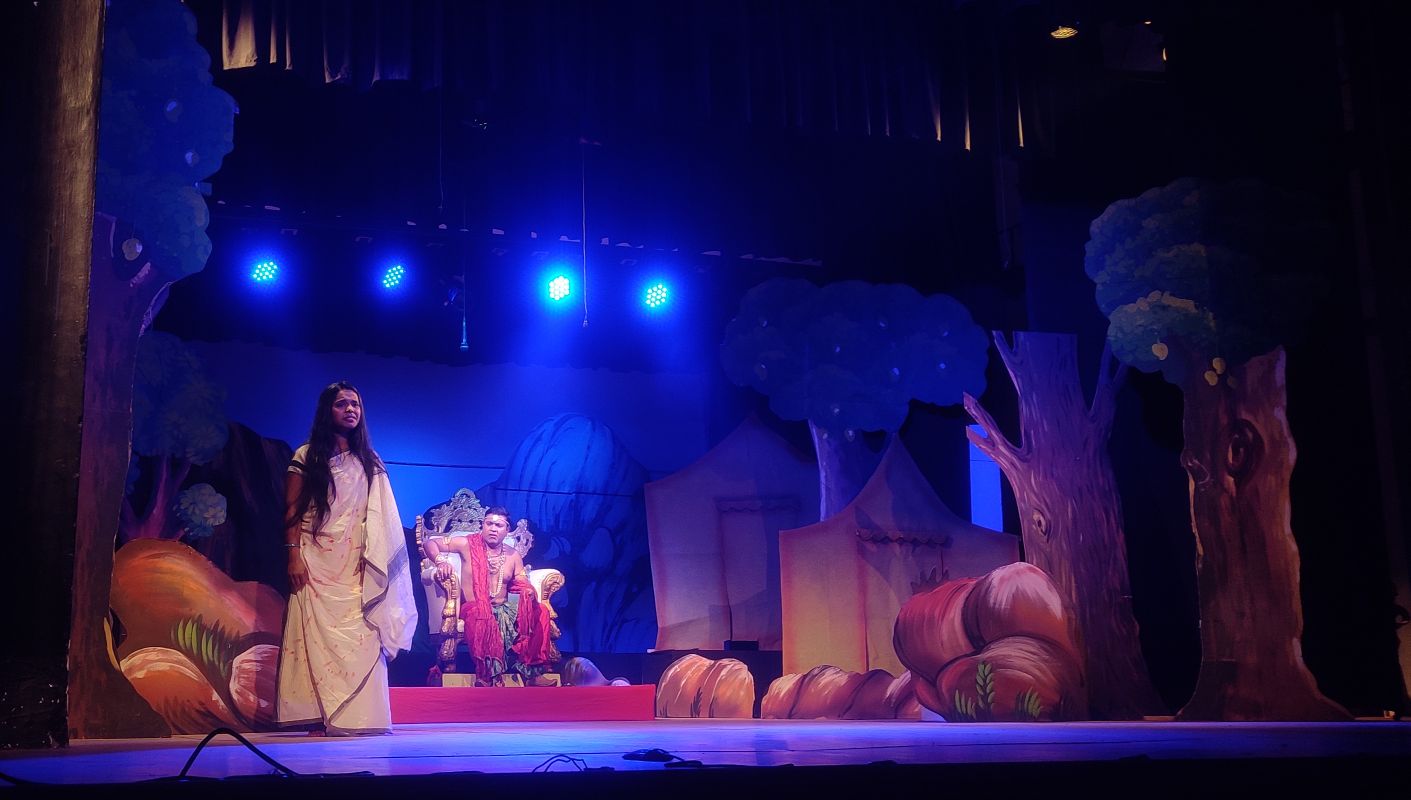
Suddenly, a woman enters and confronts him: “Can you find Karubaki? Had you won this war with love, you would have had the love of countless Karubakis.” She reveals herself to be none other than Kalinga personified.
Later, ‘Karubaki’ appears in his dream and haunts him with the question “What have you truly gained from the Kalinga War?”
Then the Emperor realizes that victory through terror is hollow, while true triumph lies in righteousness. The Emperor then embraces the path of Buddhism.
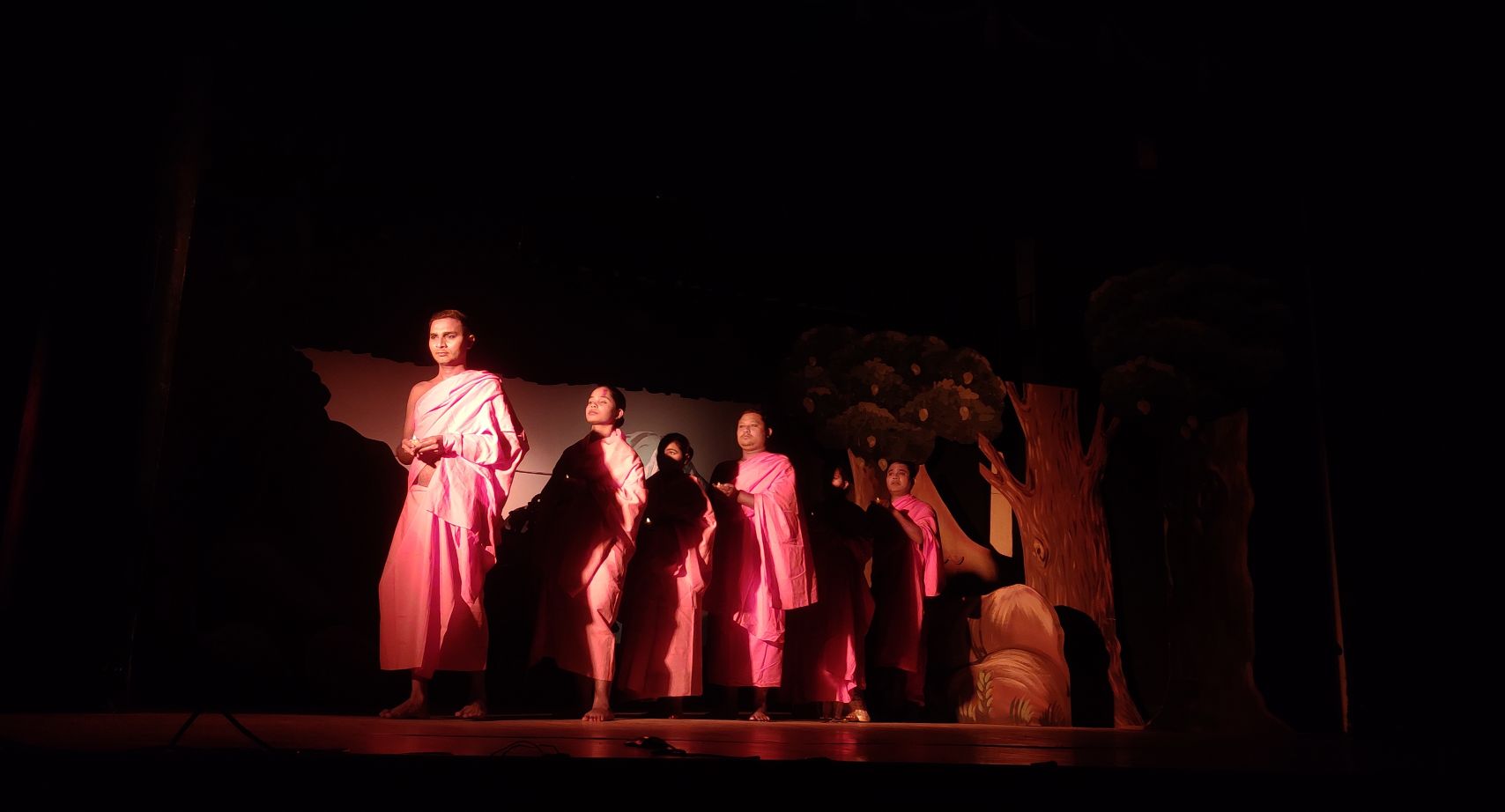
Though the plot of the play is familiar and the play is relatively short, the artistes delivered their best performances, leaving the audience glued to their seats until the final curtain call.
A special word about the light design by Brundaban Mishra and sound and music by Janarddan Pradhan came in sync to make the play an enjoyable one.
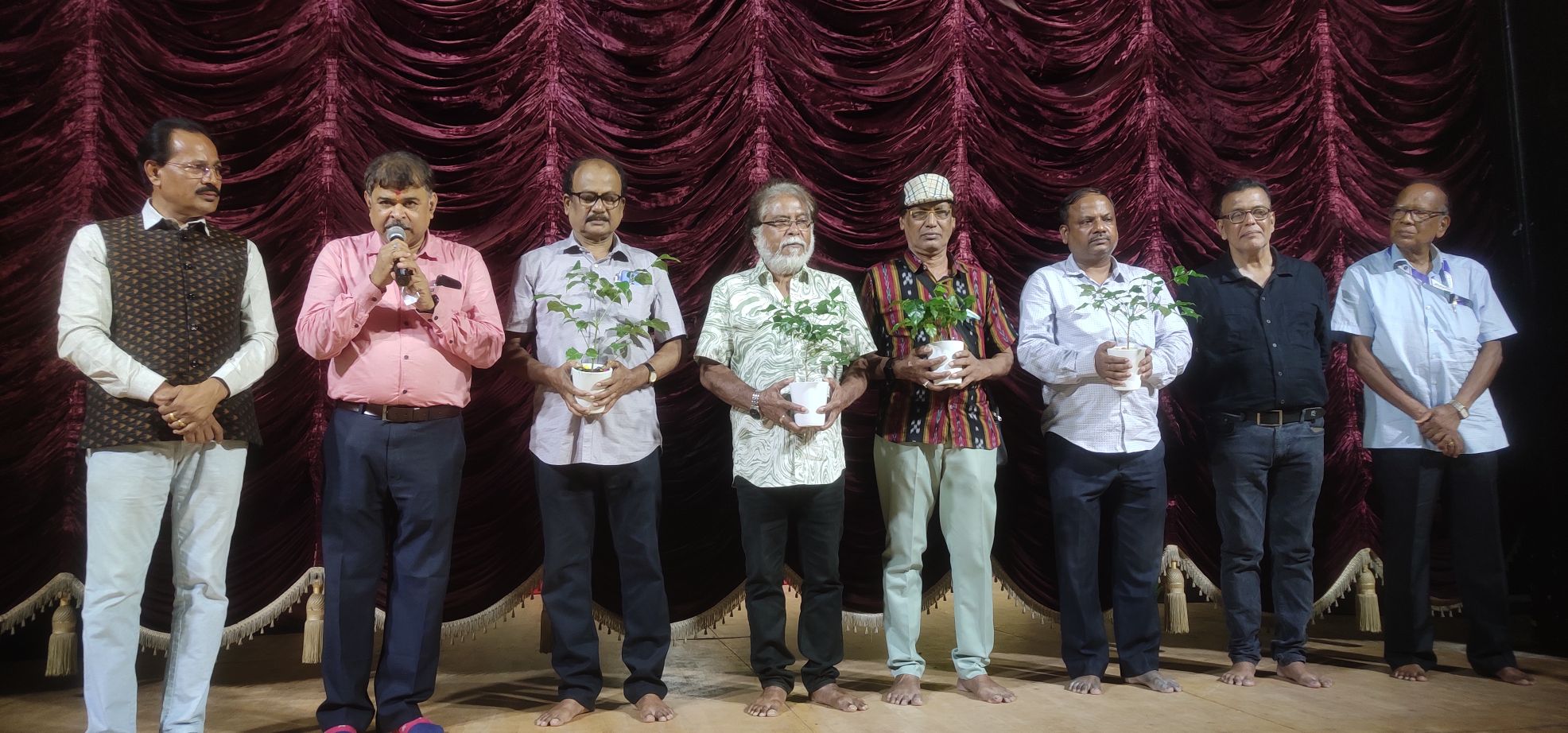
Earlier, the evening was inaugurated by lighting the lamps by esteemed guests including theatre personalities Prasanna Mishra, Fakir Singh, Sudhanshu Dwibedy and Biplab Satpathy and journalist Gopinath Barik. The host institution’s president Sudhakar Patri and secretary Subhakant Padhi also shared the dais.
On the third day of the festival, on Wednesday, there will be a day-long (10 am to 6pm) special session where senior most theatre personalities including Ramchandra Mishra, Ramesh Prasad Panigrahi, Manmath Kumar Satpathy, Niladri Bhushan Harichandan, Panchanan Dash, Ramaraman Padhy, Mihir Kumar Meher, Hemendra Kumar Mohapatra, Bijay Kumar Satpathy, Sanghamitra Mishra, Nabin Kumar Parida and Samar Mudali will walk down memory lane and share their artistic journeys.
In the evening, Rourkela-based theatre group ‘Natyamebah Jayate’ will stage ‘Amar Gatha’, scripted and directed by Debanand Nayak.
On the stage:
Emperor Ashoka: Manas Ranjan Mishra
Karubaki: Pushpanjali Dash
Kalinga: Divyani Chaini
Itihaasa: Abhijit Mishra
Off the stage:
Light: Brundaban Mishra (President, Swara)
Sound and music: Sibashyaya Mishra
Make-up: Manas Ranjan Mishra

